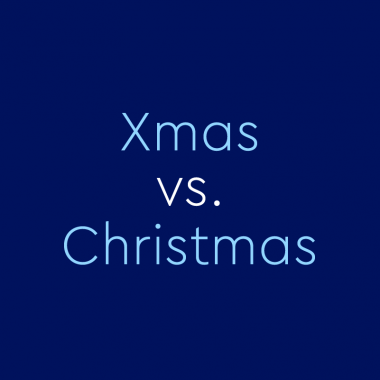Blond vs. Blonde: What’s The Difference?
Grammatical gender* is an unfamiliar concept to some native English speakers. If you’re learning a language like Spanish, for instance, one of the earliest lessons is that some nouns are feminine (la mesa for “the table”) and others masculine (el café for “coffee”). Gendered words are part of many other languages around the world, too, but not so much in English—or are they? Believe it or not, English …











